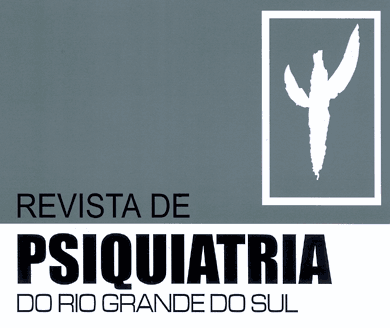INTRODUCTION: Postpartum depression has been the object of extensive research both because of its high prevalence and its repercussions on the mother and the infant. OBJECTIVE:To compare women with and without depression in a sample of postpartum women randomly selected at a maternity in the city of Belo Horizonte, Brazil. METHODS: A total of 245 women who gave birth at a private maternity hospital in Belo Horizonte were selected. A semi-structured interview was used for the collection of psychosocial and demographic data. Diagnosis of major depression was established using and a structured interview (Mini Neuropsychiatric Interview, MINI-Plus), based on criteria set forth in the Diagnostic and Statistical Manual of Mental Disorders, 4th edition (DSM-IV). RESULTS: Of the total sample, 26.9% had a diagnosis of postpartum depression. No differences were observed in the social and demographic characteristics of depressed women (n = 66, 26,9%) and of those without depression (n = 179, 73,1%). Nevertheless, several clinical and psychosocial variables showed significant differences between the groups and were therefore associated with postpartum depression, namely previous history of depression, presence of stress or depressive/anxiety symptoms during pregnancy, postpartum complications affecting the mother or the infant, and lack of support and care in the postpartum period. CONCLUSION: The identification of factors associated with postpartum depression is important for an improved understanding of the pathophysiology of this disease and for the establishment of strategies aimed at prevention and early diagnosis.
Postpartum depression; prevalence; risk factors


